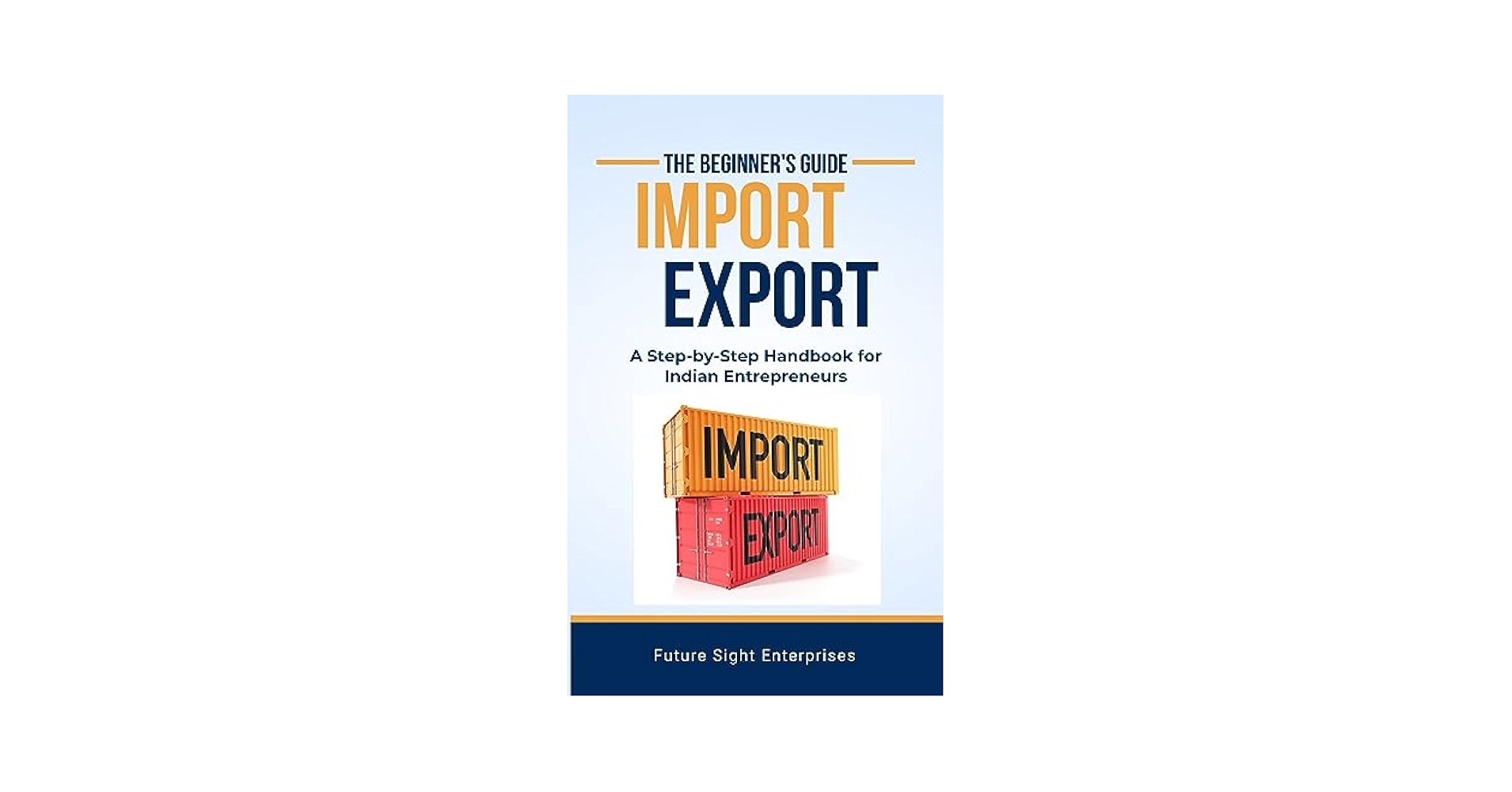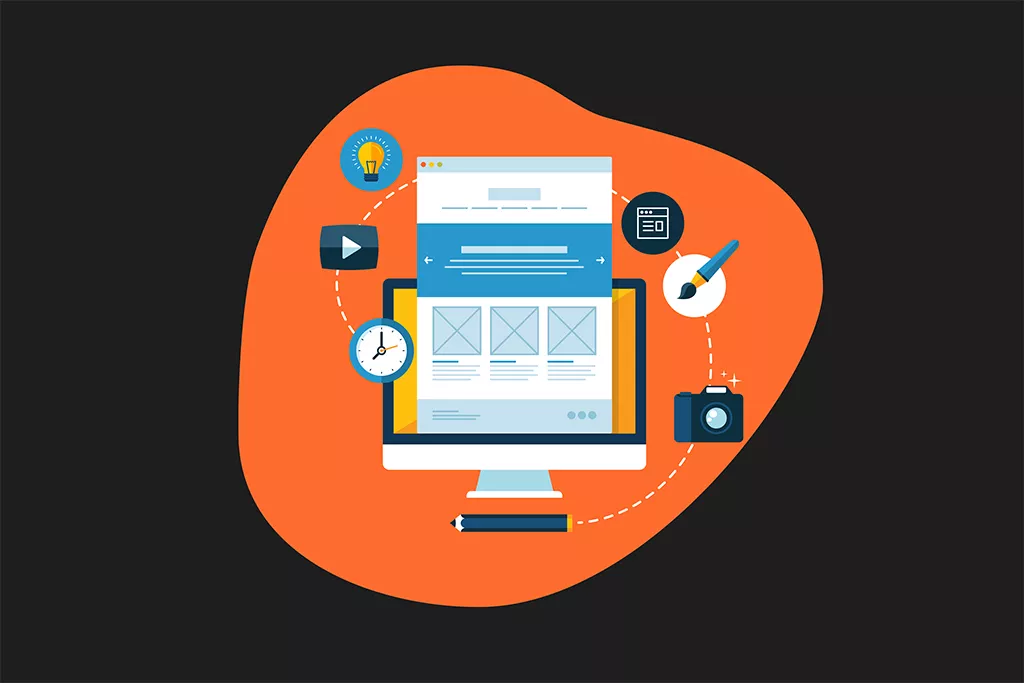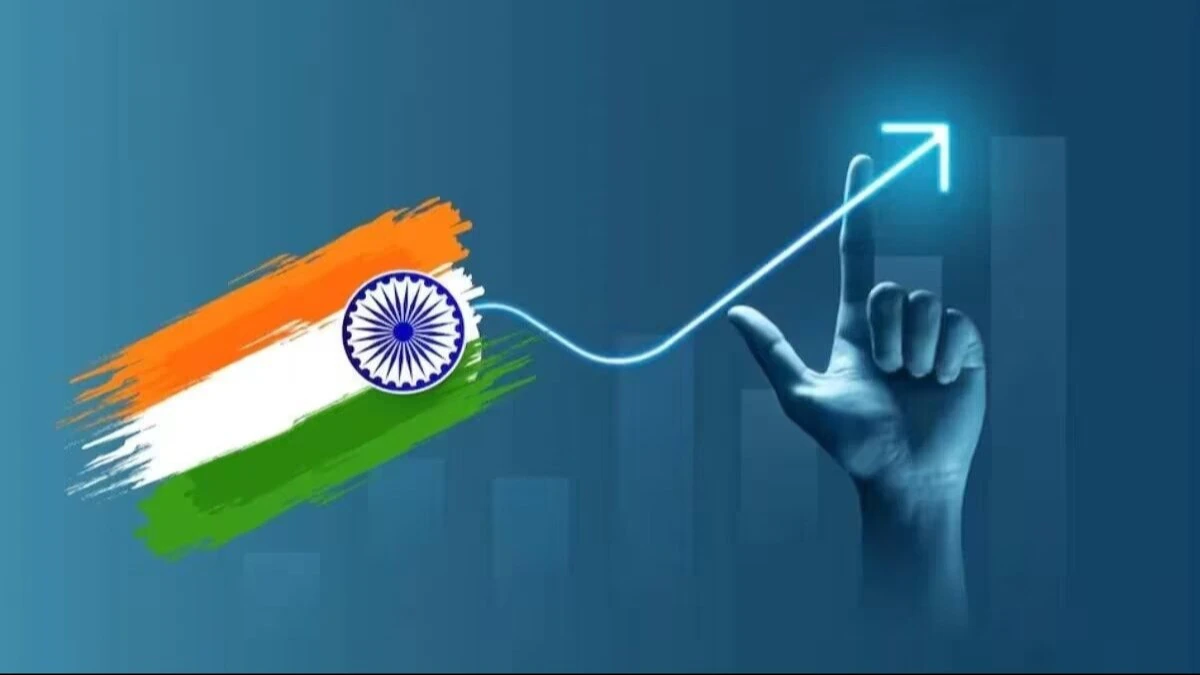Tech Import & Export in Tanzania: A Beginner’s Guide
Tanzania’s tech sector is growing rapidly, fueled by rising digital adoption, investment, and government policies encouraging trade and innovation. Whether importing technology products like smartphones, computers, and accessories or exporting locally developed tech goods and services, understanding the regulatory framework, market landscape, and best practices is essential for success.
1. Understand the Tanzanian Tech Market
-
Identify the demand for specific tech products or services both locally and internationally.
-
Key import products include smartphones, laptops, networking equipment, software licenses, and consumer electronics.
-
Growing export opportunities involve software development, digital services, agritech solutions, and fintech products.
2. Comply with Tanzanian Trade Regulations
-
Register your business with the Business Registration and Licensing Agency (BRELA).
-
Obtain necessary import/export licenses from the Tanzania Revenue Authority (TRA) and other relevant authorities.
-
Adhere to the East African Community (EAC) trade protocols and the African Continental Free Trade Area (AfCFTA) guidelines to facilitate cross-border trade.
3. Importing Tech Products into Tanzania
-
Identify reliable suppliers and ensure compliance with national standards and certifications.
-
Understand customs duties and taxes applicable to tech imports; Tanzania has tariff rates usually aligned with EAC customs tariffs, with some exemptions for specific tech products to encourage innovation.
-
Ensure product quality and safety certifications (e.g., CE, FCC) to avoid clearance delays at ports.
-
Partner with licensed customs clearing agents for smooth logistics and timely delivery.
4. Exporting Tech Products or Services from Tanzania
-
Develop competitive digital products or tech services such as software, applications, or IoT solutions tailored for regional or global markets.
-
Leverage digital platforms and tech hubs to build export-ready offerings.
-
Understand export documentation, including export permits, customs declaration, and certificates of origin.
-
Utilize AfCFTA’s digital trade provisions to reduce tariffs and simplify cross-border procedures.
5. Logistics and Supply Chain Management
-
Secure efficient transport and warehousing solutions, balancing costs and delivery times.
-
Keep abreast of infrastructure developments like the Standard Gauge Railway and port upgrades enhancing import-export efficiency.
-
Consider partnering with regional logistics providers experienced in tech product handling.
6. Financial and Payment Systems
-
Use efficient payment systems supporting cross-border trade, including mobile money, international wire transfers, and emerging blockchain-based payment solutions.
-
Manage currency risk and comply with foreign exchange regulations enforced by the Bank of Tanzania.
7. Marketing and Sales Channels
-
Build strong marketing strategies targeting retailers, wholesalers, or direct consumers.
-
Utilize e-commerce platforms and digital marketplaces to expand reach.
-
Engage with trade shows, industry expos, and innovation hubs to network and showcase products.
8. Challenges to Prepare For
-
Navigating customs procedures and potential delays.
-
Managing regulatory compliance and staying updated on changing trade policies.
-
Ensuring product authenticity and combating counterfeit imports.
-
Addressing infrastructure gaps in transportation and warehousing.
9. Resources and Support
-
Tanzania Trade Development Authority (TanTrade) offers guidance and support for exporters.
-
Industry associations and chambers of commerce provide networking and advocacy.
-
Innovation hubs and tech incubators offer market insights and export readiness programs.

Frequently Asked Questions (FAQs) on Tech Import & Export in Tanzania
-
Do I need a license to import tech products into Tanzania?
Yes, businesses must register and acquire necessary import licenses and clearances from Tanzanian authorities. -
What taxes and tariffs apply to tech imports?
Customs duties vary by product but generally align with the EAC Common External Tariff. VAT and other fees may also apply. -
Are there exemptions for tech products?
Certain educational and innovation-promoting tech products may qualify for duty exemptions under government incentives. -
How do I find reliable international suppliers?
Attend trade fairs, use verified B2B platforms, and seek recommendations from trade offices and chambers. -
What documents are needed for customs clearance?
Typical requirements include a commercial invoice, bill of lading, import permit, packing list, and certificate of conformity. -
Can I export software or digital services from Tanzania?
Yes, Tanzania has a growing market for exporting digital products, software, and IT services through online platforms. -
What export incentives does Tanzania offer for tech products?
Exporters may benefit from tax holidays, duty drawbacks, and streamlined customs procedures under specific programs. -
How does AfCFTA benefit tech traders in Tanzania?
AfCFTA reduces tariffs, harmonizes trade rules, and facilitates easier cross-border digital trade within Africa. -
Are there quality standards for tech products in Tanzania?
Yes, products must meet national and international safety and quality standards to avoid import rejection. -
How long does customs clearance usually take?
Clearance can take from a few days to several weeks depending on product type, documentation completeness, and compliance. -
Is mobile money widely used in cross-border trade?
Mobile money is popular domestically but is gradually being integrated with regional payment systems for trade. -
Can foreigners import or export tech products in Tanzania?
Yes, foreign entrepreneurs can participate but may need local representation or partners depending on business type. -
What are common challenges in tech import/export?
Delays in customs, fluctuating exchange rates, counterfeit products, and logistics bottlenecks are common challenges. -
How do I protect my tech products from counterfeiting?
Register trademarks, partner with reputable suppliers, and use tamper-proof packaging and authentication methods. -
Where can I get help on export readiness?
Agencies like TanTrade, export councils, and innovation hubs offer workshops, mentoring, and advisory services.
Final Thoughts
Tech import and export in Tanzania offer promising opportunities amid a fast-growing digital economy and expanding regional trade frameworks. Success requires careful planning around regulations, quality standards, supply chain logistics, and market strategies. By leveraging government support, trade agreements like AfCFTA, and robust partnerships, tech traders can thrive and contribute to Tanzania’s economic transformation.
Categories: Artificial Intelligence






.jpg)





Leave a comment